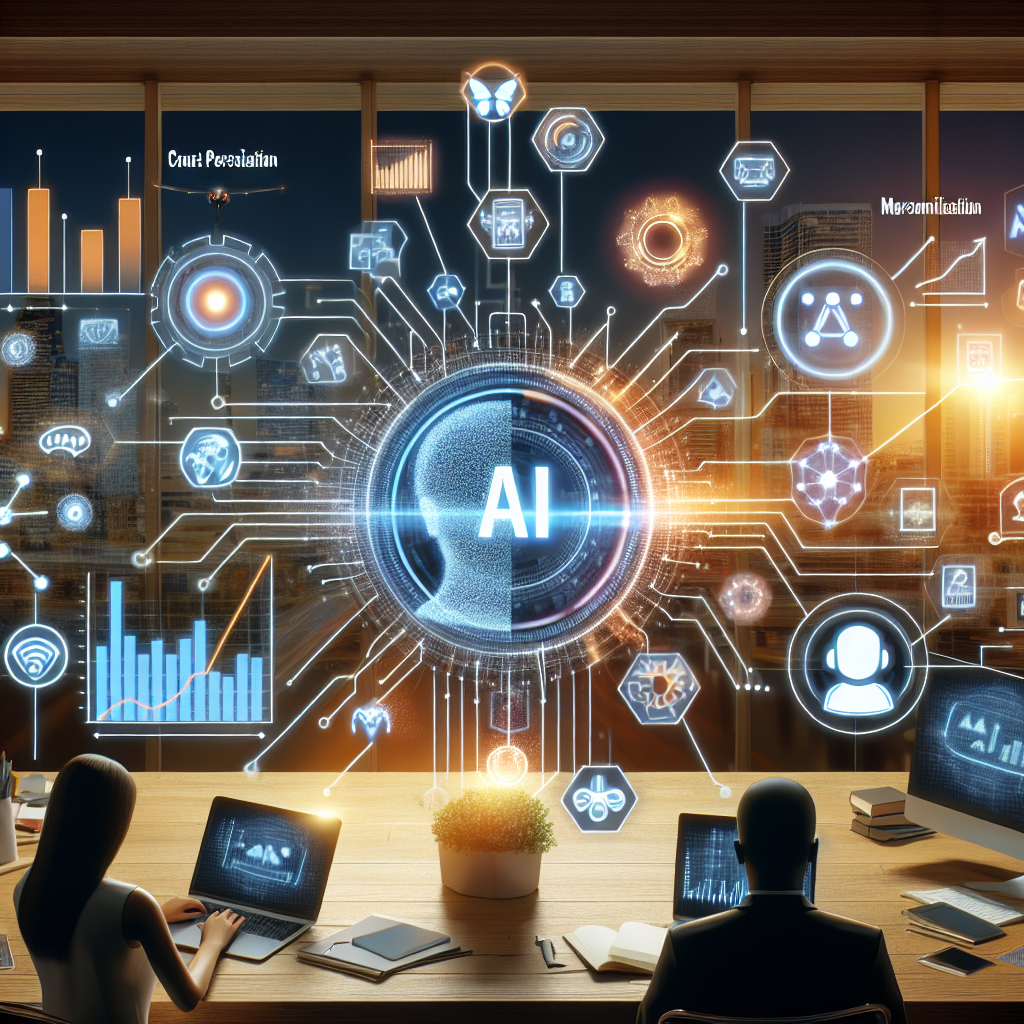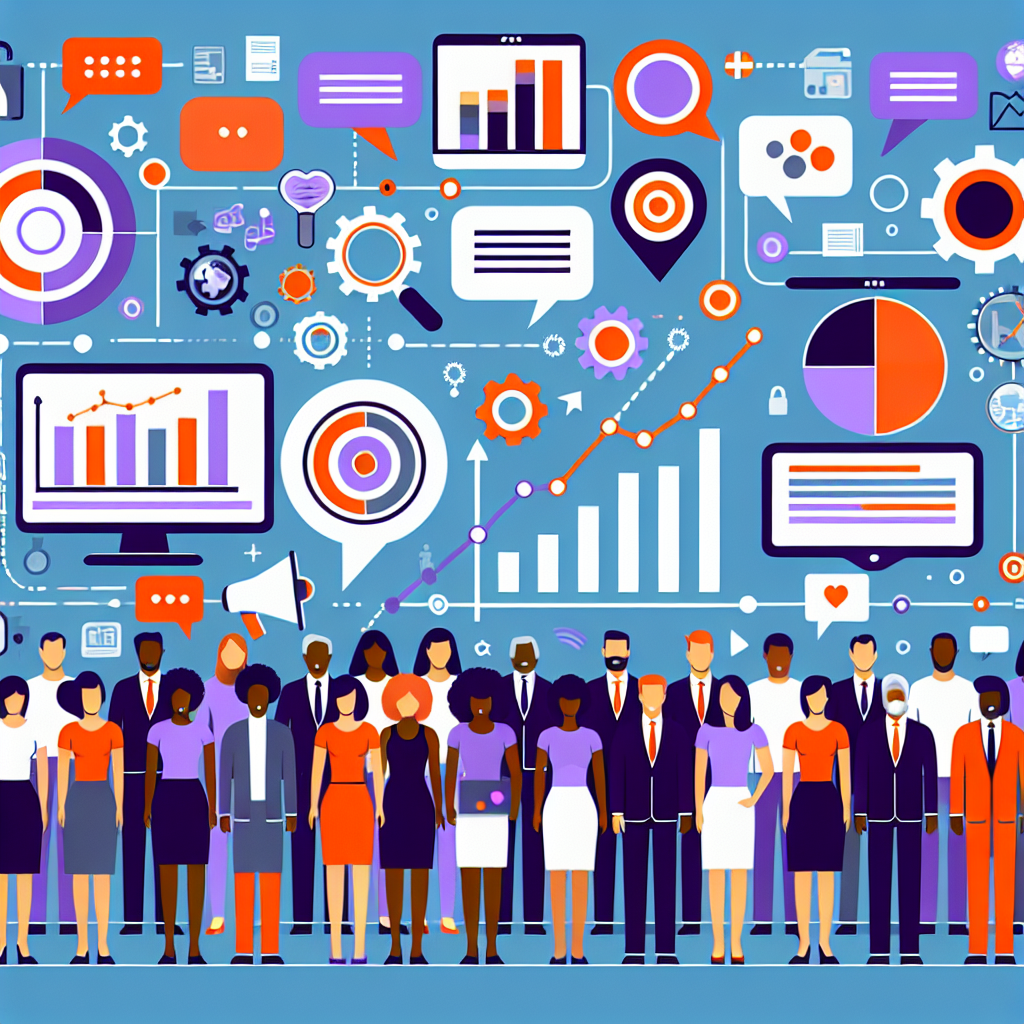In the rapidly evolving landscape of digital marketing, Artificial Intelligence (AI) has emerged as a game-changer, revolutionizing how businesses engage with their customers. As companies strive to stay ahead in a competitive market, leveraging AI in marketing strategies is no longer a futuristic concept but a present-day necessity. This blog post delves into the transformative impact of AI on marketing, exploring its benefits, applications, and the future it holds for businesses aiming to enhance customer engagement.
The Rise of AI in Marketing
AI's integration into marketing strategies has been driven by the need for more personalized, efficient, and data-driven approaches. With the ability to analyze vast amounts of data at unprecedented speeds, AI empowers marketers to understand consumer behavior, predict trends, and tailor their strategies accordingly. This shift towards data-centric marketing has enabled businesses to create more targeted campaigns, resulting in higher conversion rates and improved customer satisfaction.
Applications of AI in Marketing
-
Personalization at Scale: AI allows marketers to deliver personalized content to consumers at scale. By analyzing user data, AI can segment audiences based on preferences, behaviors, and demographics, enabling businesses to craft messages that resonate with individual consumers. This level of personalization enhances customer experience and fosters brand loyalty.
-
Predictive Analytics: AI-driven predictive analytics tools help marketers anticipate future consumer behaviors and trends. By analyzing historical data, these tools can forecast customer needs, allowing businesses to proactively address them. This not only improves customer satisfaction but also optimizes marketing spend by focusing resources on high-potential opportunities.
-
Chatbots and Virtual Assistants: AI-powered chatbots and virtual assistants have transformed customer service by providing instant, 24/7 support. These tools can handle a wide range of inquiries, from answering frequently asked questions to assisting with purchases, thereby enhancing customer experience and freeing up human resources for more complex tasks.
- Content Creation and Curation: AI can assist in generating and curating content, ensuring that it is relevant and engaging for the target audience. By analyzing consumer preferences and engagement patterns, AI can suggest topics, formats, and distribution channels that are most likely to capture attention and drive engagement.
The Future of AI in Marketing
As AI technology continues to advance, its role in marketing is expected to grow even more significant. Future developments may include more sophisticated AI algorithms capable of understanding and predicting human emotions, enabling marketers to create even more personalized and emotionally resonant campaigns. Additionally, AI's ability to process and analyze real-time data will further enhance marketers' ability to respond swiftly to changing consumer needs and market dynamics.
Conclusion
AI is undeniably transforming the marketing landscape, offering businesses unprecedented opportunities to engage with their customers in meaningful ways. By harnessing the power of AI, companies can not only improve their marketing strategies but also build stronger, more lasting relationships with their customers. As we look to the future, the integration of AI in marketing will continue to evolve, driving innovation and setting new standards for customer engagement.
To stay ahead in this AI-driven marketing era, businesses must embrace these technologies and explore how they can be integrated into their existing strategies. If you're ready to take your marketing efforts to the next



